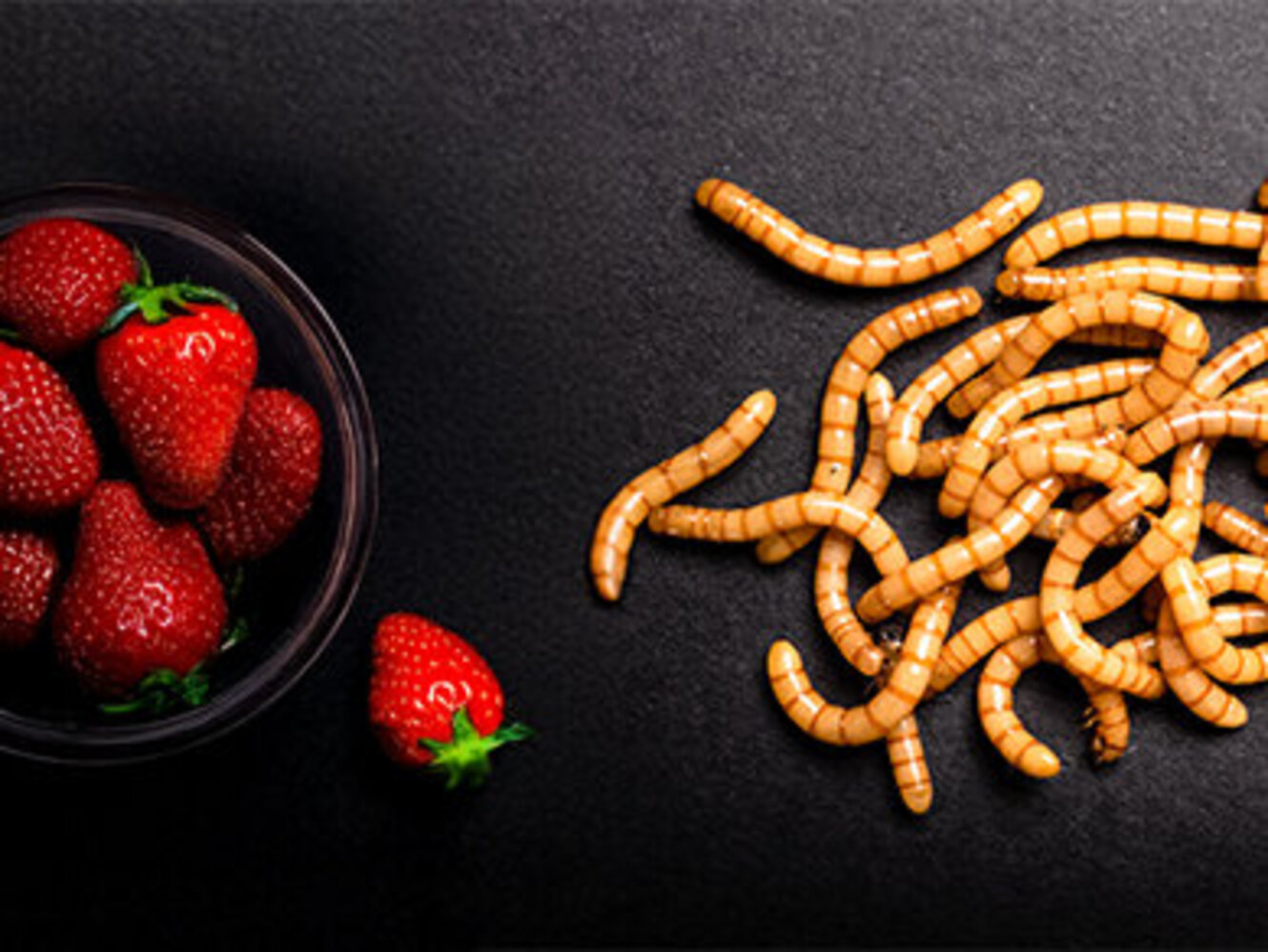Bean there, eaten that...

The concept of 'entomoponics,' which integrates plant and insect farming, offers a promising approach to sustainable resource management. The Urban Plant Ecophysiology Group (Christian Ulrichs) investigated the feasibility of utilizing vegetative waste from strawberry and common bean plants as a substrate supplement for rearing yellow mealworms (MW), a valuable source of protein. They incorporated these plant wastes, both treated and untreated, into a wheat bran-based feed and assessed the impact on mealworm yield and nutritional composition. They found that certain plant waste incorporations, particularly autoclaved bean waste and strawberry waste regardless of treatment, can maintain or even compensate for yield while influencing the mineral content of the mealworms. If you want to lean more about their valuable insights into the potential of entomoponics to convert plant waste into a nutrient-rich insect biomass which contributes to a more circular and sustainable food production system, check out their Scientific Reports Article!
Abstract
Integrating plant production with insect farming, termed "entomoponics," involves using plant waste as a substrate for insect rearing, while returning insect frass to fertilise the plants. In this study, vegetative wastes from strawberry (Fragaria x ananassa), and common bean (Phaseolus vulgaris), were incorporated into a wheat bran-based substrate for rearing the yellow mealworms (MW; Tenebrio molitor). The wastes were either autoclaved or autoclaved then fermented with the fungus Trichoderma reesei, and mixed in a 50:50 ratio with wheat bran. Replacing 50% of the wheat bran with autoclaved beans waste did not significantly affect MW yield, but the yield was reduced when beans wastes were fermented or left untreated. Incorporating beans waste, whether treated or untreated, increased the Ca, K, and Fe content in the MW. Incorporating strawberry vegetative waste into the substrate compensated the yield regardless of the pre-treatment, but enhanced Mn, Zn, and Fe levels in the produced MW. Plant flavonoids were reduced when the wastes were pre-treated and did not accumulate in the MW biomass. These findings provide insights into using plant vegetative wastes as a partial supplement in MW rearing substrates, and the potential effects on the growth and nutritional composition of the resulting MW biomass.